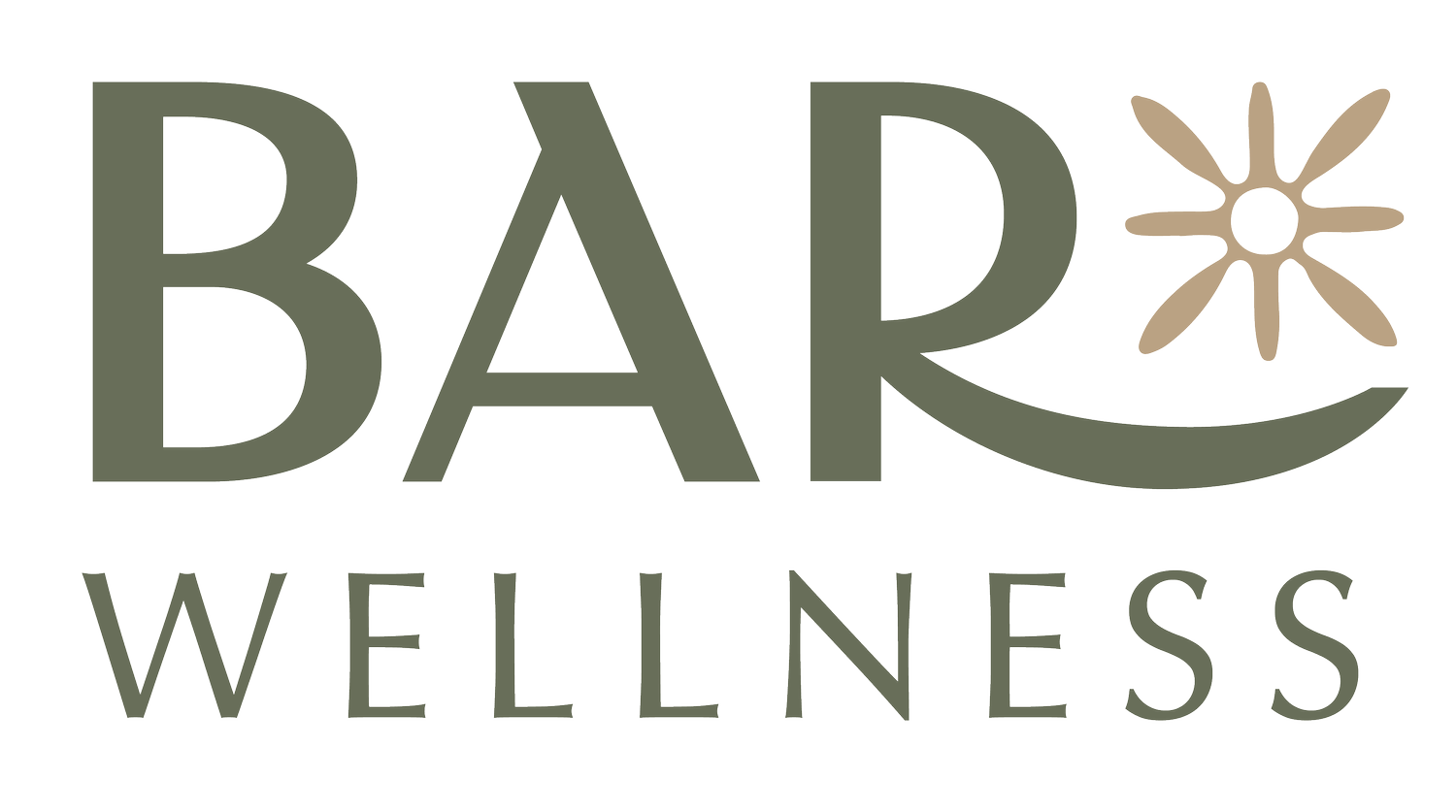The Anti-Inflammatory Diet: What to Eat
If you want to follow an anti-inflammatory diet, it really gets down to the basics. As an author of an anti-inflammatory diet book so succinctly summarized, it’s this…
“Provide your body with unprocessed, nutrient-dense healing foods that protect against inflammation.”
Easy to say, sometimes hard to do. However, I think if you remember the basic building blocks of the diet, you can reason through it and stay true to its principles.
Here are what I’m calling the building blocks of an anti-inflammatory diet and why incorporating these types of foods is important:
Antioxidants
The antioxidants, Vitamin A, and vitamin E, which are also fat-soluble vitamins, support various cellular functions of our immune system, reduce oxidative stress in cells, and are useful in the treatment of inflammatory diseases.
Vegetables like sweet potato and carrots (organic as much as you can, please), and salmon are great sources of Vitamin A. You can get your vitamin E through a daily dose of healthy oils, nuts, and seeds. These foods should be paired with healthy fats to increase absorption.
Polyphenols
Polyphenols are a special type of antioxidant and may help to control oxidative stress and the inflammatory response. The great news is that dark chocolate is a polyphenol and so are berries, apples, grapes, and oats.
I know, some of you are going to say that red wine is a polyphenol too. We won’t go there today…ha!
Of special note is curcumin, the active ingredient in turmeric which is a powerful anti-inflammatory agent.
Fiber
Studies have shown that dietary fiber lowers C-Reactive Protein which is a blood marker for inflammation. It’s significant role, however, is that it supports the gut microbiome and helps to create a healthy intestinal environment which reduces the chance you’ll have a leaky gut.
Get your fiber daily from fruits, vegetables, legumes, and whole grains—preferably gluten-free grains. The soluble fiber in oats (check the package to make sure they are gluten-free if you need them to be), sweet potato, Brussels sprouts, and oranges generates short-chain fatty acids in your gut. SCFAs are particularly important for gut healing, and they themselves have anti-inflammatory effects.
Omega-3 Fats
I’ve talked about Omega-3 fatty acids in other contexts. They are anti-inflammatory, and they help to modulate blood sugar which influences obesity. Their anti-inflammatory properties also help our brains. Get your omega-3 fats from salmon, nuts, and seeds.
So, now you have the basic building blocks of an anti-inflammatory diet. But there are some foods that you’ll want to note that will maximize your ability to anti-inflame.
I could tell you to go to the internet to search “anti-inflammatory foods” and you’ll get all the info about what certain doctors, nutritionists and scholars claim are the most anti-inflammatory. But here’s a few foods that have been studied and have been determined to be more anti-inflammatory than most. You may have heard of some, and now you’ll know the science behind the claim.
Turmeric: Of course, one of the most studied spices in nutritional science because it’s active ingredient, curcumin, is a powerhouse. While I was reviewing studies, I was reminded that curcumin itself is not very bioavailable. It needs to be combined with another active ingredient, the most common one being black pepper which, according to one study, increases bioavailability by 2000%. So put black pepper in that delicious turmeric stew.
Cinnamon: The available literature states that cinnamon has anti-inflammatory, antimicrobial, antioxidant, antitumor, cardiovascular, cholesterol-lowering, and immunomodulatory effects.
Berries: Fruits, such as berries, contain polyphenol compounds purported to have anti-inflammatory activity in humans. Among the most notable polyphenols in berries are anthocyanins, responsible for their distinctive colors of red, blue, and purple.
Green Tea: Green tea is a 'non-fermented' tea, and contains more catechins, than black tea or oolong tea. Catechins are strong antioxidants. Recent human studies suggest that green tea may contribute to a reduction in the risk of cardiovascular disease and some forms of cancer among other issues and is great for the brain.
Avocado: One half of an avocado contributes 16% saturated fatty acids (SFA), which helps to promote healthy blood lipid profiles and enhance the bioavailability of fat-soluble vitamins and phytochemicals. That means good heart health too!
Fatty Fish: Eating more fatty fish may reduce the incidence of many chronic diseases that involve inflammatory processes; most notably, these include cardiovascular diseases, inflammatory bowel disease (IBD), cancer, and rheumatoid arthritis.
Broccoli: A high intake of cruciferous vegetables such as broccoli, cauliflower, and cabbage is associated with a reduced risk of cancer because cruciferous vegetables possess high levels of flavonoids. They also have a compound called indole-3-carbinol which is reported to have antioxidant and anticancer activities.
Mushrooms: Mushroom extracts have been used medicinally in immunomodulator, antitumor/anticancer, antibacterial, and antiviral, antioxidant, and help in the prevention of cardiovascular diseases.
And saving the best for last…I’m hearing cheers from the chocolate lovers!
Dark Chocolate: Consuming dark chocolate that has a high concentration of cacao (minimally 70% cacao, 30% organic cane sugar) has positive effects on stress levels, inflammation, mood, memory, and immunity.
As you can see, there’s plenty of wonderful foods to eat on an Anti-Inflammatory Diet. So dig in! And reach out if you’d like to explore this diet and need a guide.
And jump on my email list to learn more about the anti-inflammatory diet and lots of other nutrition topics: https//barwellness.net/join
To Your Health!:
Bev
